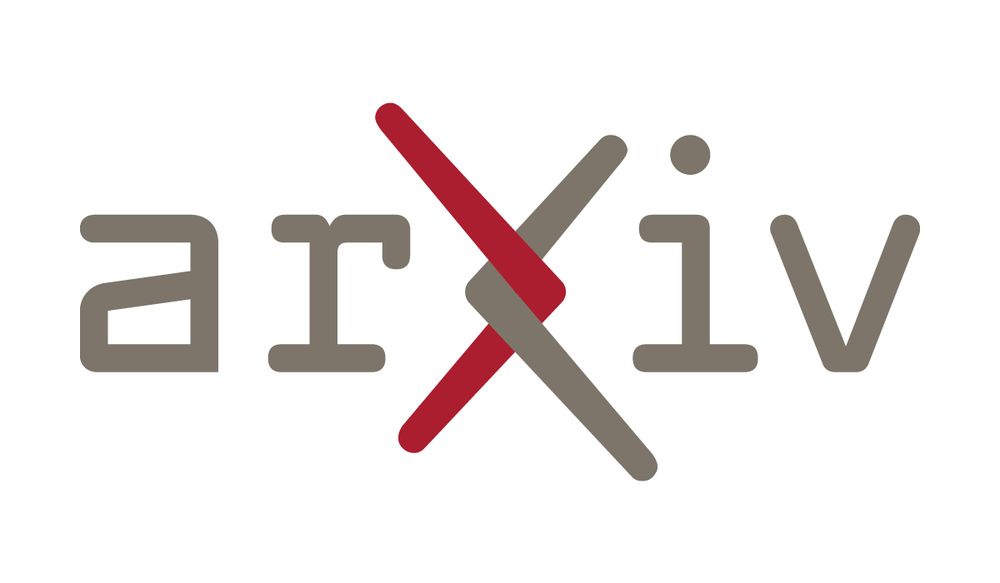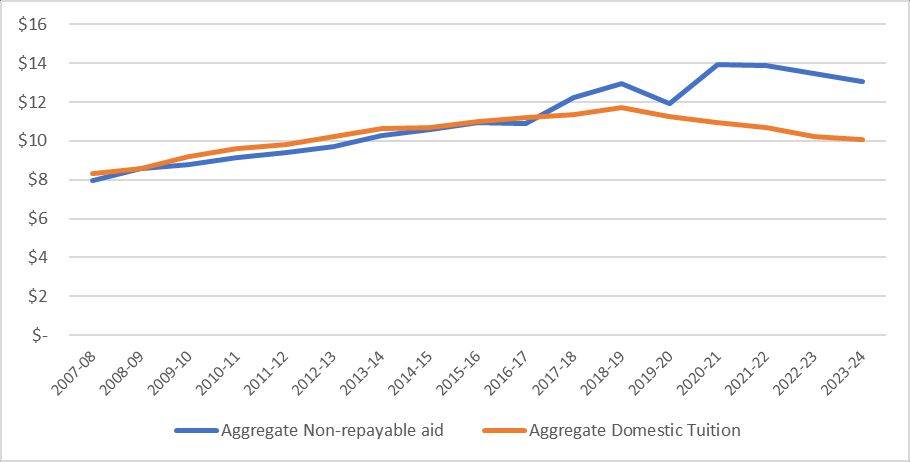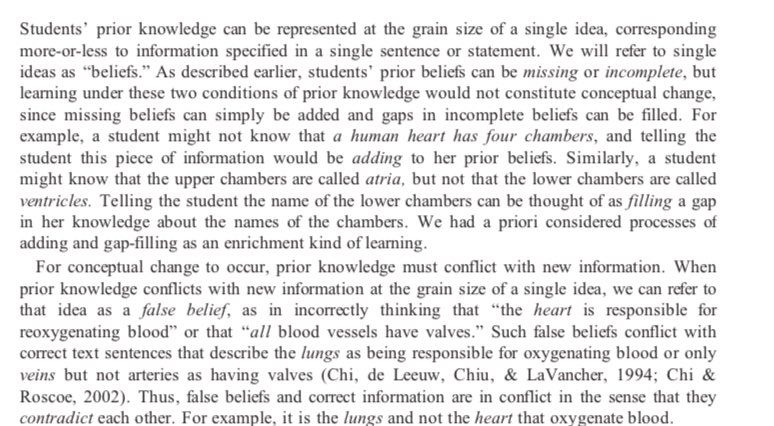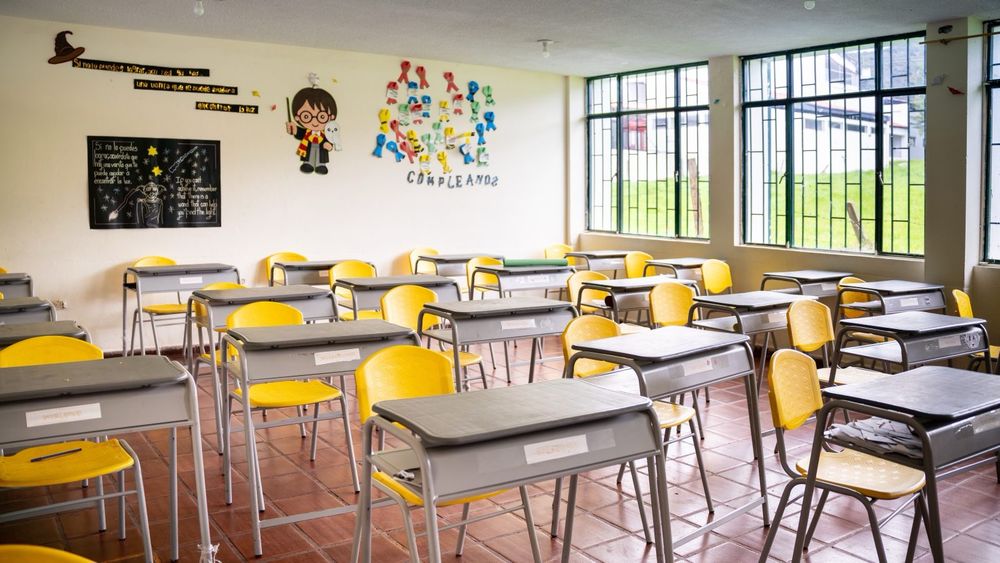
Studying math education at the postsecondary level. Currently examining the growth of student mathematical understanding when taking asynchronous online math classes.
#MathEd #OnlineEd
www.researchgate.net/publication/...

www.researchgate.net/publication/...

1. This is being passed off as a benefit of generative AI.
1/x

1. This is being passed off as a benefit of generative AI.
1/x







Check it out for an overview of thoughts from education experts and leaders on the #ai zeitgeist! #aied
doi.org/10.54675/KEC...
Check it out for an overview of thoughts from education experts and leaders on the #ai zeitgeist! #aied
doi.org/10.54675/KEC...
technology adoption can create or exacerbate inequalities between early and late adopters, particularly if the technology confers significant learning advantages.” arxiv.org/abs/2508.00717 Given schools’ jagged adoption AI, this is worth considering. #eduskyAI

technology adoption can create or exacerbate inequalities between early and late adopters, particularly if the technology confers significant learning advantages.” arxiv.org/abs/2508.00717 Given schools’ jagged adoption AI, this is worth considering. #eduskyAI

More recent models generally have lower drops in performance. jamanetwork.com/journals/jam...

More recent models generally have lower drops in performance. jamanetwork.com/journals/jam...







lithub.com/what-happene...

brocku.wd3.myworkdayjobs.com/brocku_caree...
The post end date is August 4, 2025 at 11:59 PM
#academicintegrity
brocku.wd3.myworkdayjobs.com/brocku_caree...
The post end date is August 4, 2025 at 11:59 PM
#academicintegrity

Historians increased their accuracy by 44% when working with the AI (Though AI alone beats historians, historian + AI was usually best by a small amount).


Historians increased their accuracy by 44% when working with the AI (Though AI alone beats historians, historian + AI was usually best by a small amount).
futuredotnow.uk/wp-content/u...

futuredotnow.uk/wp-content/u...

